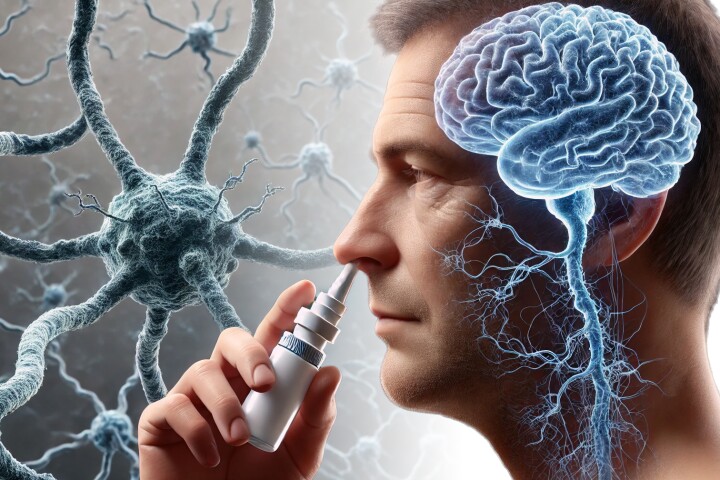Researchers from the Universitat Autònoma de Barcelona (UAB) have claimed a first by successfully using a single session of gene therapy to cure dogs of type 1 diabetes. The work has shown that it is possible to cure the disease in large animals with a minimally-invasive procedure – potentially leading the way to further developments in studies for human treatment of the disease.
The researchers, led by Fàtima Bosch, showed that after only a single gene therapy session the dogs no longer displayed symptoms of type 1 diabetes. In some of the cases, monitoring continued over a four-year period with no recurrence of the disease. The same team has previously tested the therapy on mice, but these recent and highly positive results are, as Fàtima Bosch says, “the first to demonstrate a long-term cure for diabetes in a large animal model using gene therapy.”
Using simple needles common in cosmetics treatments, the single session consisted of various injections in the animal’s rear legs in what is said to be a safe and stress-free procedure. The injections introduce gene therapy vectors with two objectives – firstly, to express the insulin gene and secondly, to introduce the enzyme glucokinase.
Glucokinase is an enzyme which regulates the uptake of glucose from the blood. When both genes function in unison they work as a kind of “glucose sensor” that reduces diabetic hyperglycemia (the excess of blood sugar associated with the disease) by automatically regulating the glucose uptake.
The study highlights the safety of gene therapy mediated by adeno-associated vectors (AAV) in diabetic canines. These vectors, derived from non-pathogenic viruses, are commonly used in other gene therapies and have claimed success in the treatment of several other diseases.
Over the long term, the dogs that were treated displayed good glucose control when fasting and after eating, and also after exercising – which is an improvement on dogs that receive daily injections of insulin. No occurrences of hypoglycemia were recorded. Adding to this, the dogs treated with adeno-associated vectors maintained good body weight and did not develop secondary complications.
As there have been numerous clinical trials where AAV vectors have been introduced into skeletal muscle, the strategy applied in this research is certainly valid for clinical application in a wider sense. Further studies and development of the treatment should lead to veterinary trials, which may in turn supply key information for trials with human diabetes sufferers into the future.
Source: UAB




